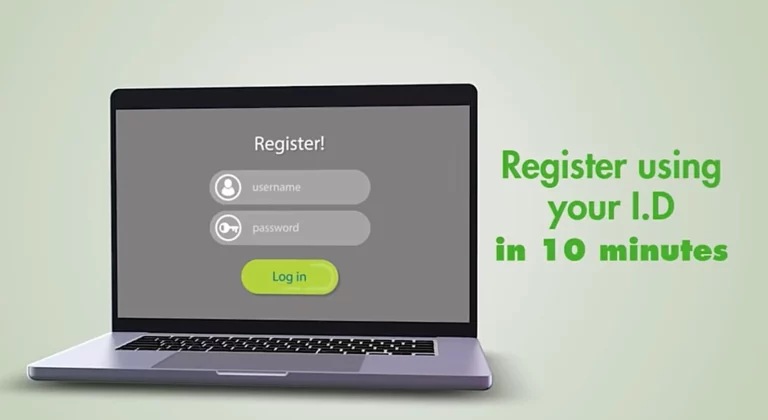Today we will learn how to do lending business in Philippines, the requirements, and the tools you need.
The Philippines is a tourist destination starting a lending business will surely boom, you will get clients both local and international.
Why do people prefer the Microlending business?
- They deal with urgency fast unlike banks that take time to process cash.
- Unlike banks that ask for collateral, microlenders don’t ask for such.
- It’s difficult acquiring small loans from banks.
Is the lending business profitable?
Yes, consider this saying: “Interest on debts grows without rain”, merely meaning whenever you lend money there is always an interest you receive on payment.
How does the lending business work?
This business involves cash and clients, besides you also have to register it by a country’s laws and regulations. You just can’t begin lending money out of thin air.
What to consider first?
- Comply with registration regulations of the Securities and Exchange Commission.
- Know current legal requirements of microlending business.
- Study your target audience,
- Hire the right employees
- Know clients, who to avoid, and how to screen them.
Where to register money lending business?
Before registering under the Securities and Exchange Commission. your company name should contain; “Lending Company” or “Lending Investor” or any other word describing the giving of loans to the public.
Exclude words common to the identification of financing companies’ trade names.
What other requirements?
- Capital requirements: Minimum of 1,000,000 Pesos- Additional capital is for each branch, extension, satellite office, or unit established
- Information; about your lending:
- The principal amount of loan;
- Rate of interest of the loan;
- Service or processing fee, if any;
- Amortization schedule;
- Any penalty charge for late amortization payment.
- Clearance from the Bureau of Immigration- especially the foreigners trying to register and start crediting people.
- Securities and Exchange Commission Licensing Fees.
Having learned about the Philippines here is software that will help you in the lending business. Microlending can be a ticket to riches, but before getting there, you need to know how to operate the business.
You need not worry much because Jisort got you.
What is Jisort?
Is a credit management software that helps Banks, Saccos, Microfinance, Lenders, Cooperatives, Credit Unions, and other MFIs. It’s fully integrated with Mobile Money and Banks.
Jisort has been up and running for 6 years and offers to provide the following full integrations:
- Banks
- Mpesa
- PesaLink
- Credit Reference Bureaus (CRBs)
- Vodacom
- Tigo
- Among others
How does Jisort Work?
Since it’s fully integrated with mobile money and banks it works as a record keeper for all the transactions done.
Whenever you are registered to this software all your client’s information is safely backed up and all their transactions are always recorded.
Why use Jisort?
- Ease to keep records- anyone who you credit all records of transactions are saved.
- Ease to approve loans- choose whom to offer loans and who not to.
- Affordable- manage all your loans and transactions from one place easily and cheaply.
- Wide range of other services- besides being a credit management software Jisort also offers services like Loan books, Bulk SMS, Mobile Apps, and many others.
The simple dashboard of the Jisort platform, where you manage your loans and your client’s data.
Here is the dashboard of loan approvement:
Besides you can also generate reports about a certain client, in a simple and easy way.
The software payment models are two:
The per-user model and bulk users that each have different offers.
Wrapping up lending business in Philippines
Jisort uses the latest technology and security to develop the software and has been developing software for both local and international markets.
Well, for those who want to get started click here.
Money lending in a foreign country is a bit difficult but once you put commitment and learn about the market it becomes easy.
Also, learn all about their regulations and make considerations to where you want to land with your idea.
All the best as you consider venturing into how to do lending business in the Philippines.



